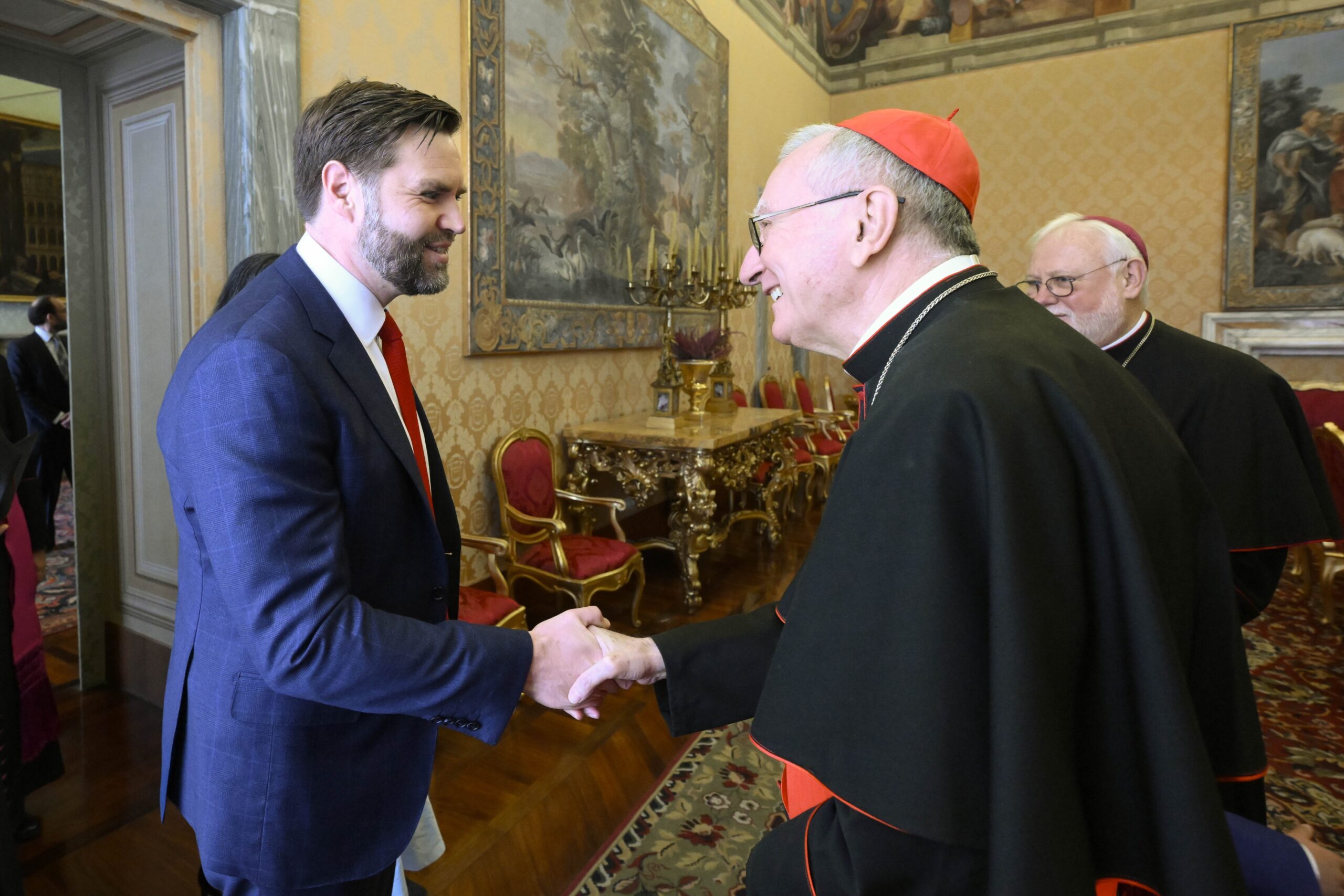Vatican Talks: Vance and Cardinal Parolin Tackle Religious Liberty and Global Migration

In the complex diplomatic landscape of global politics, the Vatican stands poised to navigate challenging international relationships, particularly with the United States. Against a backdrop of significant tensions surrounding migration policies, foreign aid strategies, and pressing humanitarian concerns in Ukraine and Gaza, Vatican diplomats are carefully charting a nuanced path forward.
The diplomatic tensions reflect deeper geopolitical complexities, with the Vatican seeking to maintain its traditional role as a moral compass while addressing critical global challenges. Concerns about humanitarian crises, refugee protection, and international aid have become focal points of potential disagreement between Vatican leadership and the Trump administration's foreign policy approach.
Key issues such as migration, international humanitarian support, and the protection of vulnerable populations in conflict zones like Ukraine and Gaza have emerged as critical areas of diplomatic dialogue. The Vatican's commitment to human dignity and global solidarity continues to shape its diplomatic engagement, even in the face of significant political differences.
As international tensions persist, the Vatican remains dedicated to promoting dialogue, understanding, and compassionate solutions to some of the world's most pressing humanitarian challenges.
